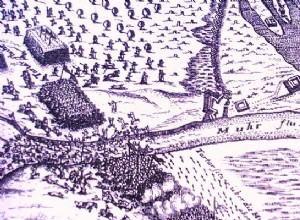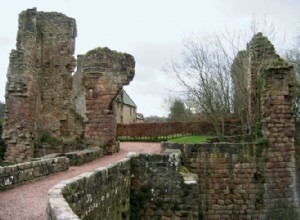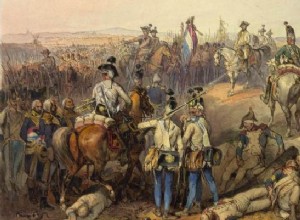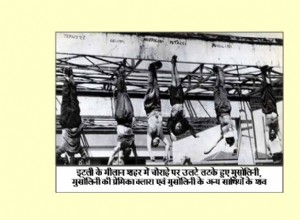In 1663 the Turks once again invaded the lands of the Habsburg Empire with a large army of 100,000 men. The Austrians fearing a Turkish attack on Vienna concentrated their small available forces on the Raab River in Hungary, leaving other areas to their own devices. The siege was built at the confl




